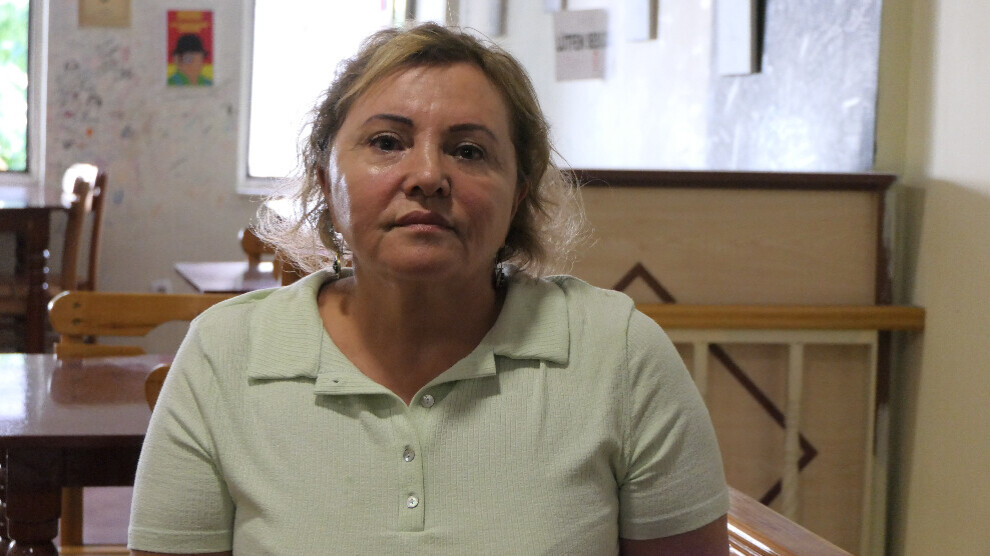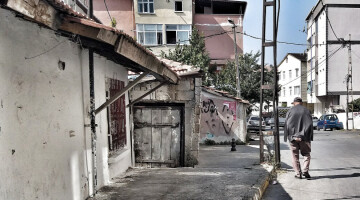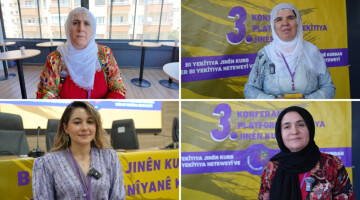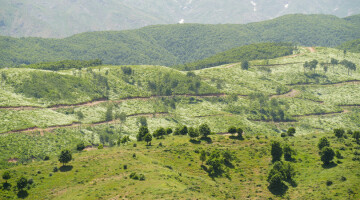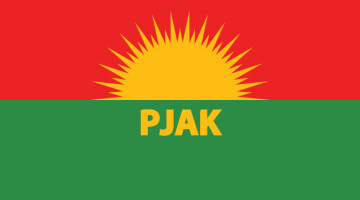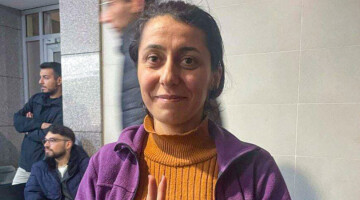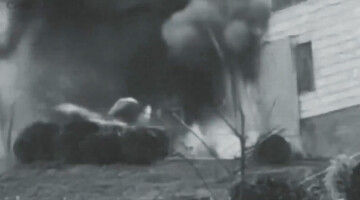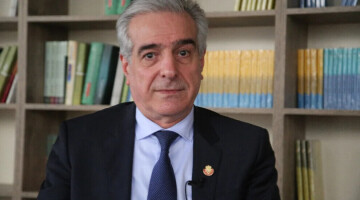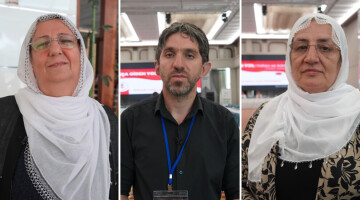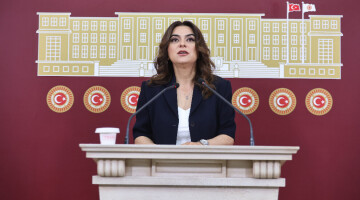Sevgi Kisin Sazan from HDP Alevi Desk spoke to ANF about the simultaneous attacks on Ana Fatma Djemevi, Şah-ı Merdan Djemevi, Gökçebel Village Association and Turkmen Alevi Bektashi Foundation in Ankara on 30 July were not a coincidence. She said that although the form changes, the attacks have always continued.
Sazan said: "We knew that it would be said that these attacks were carried out by someone who is mentally unstable. When we went to the Ana Fatma Djemevi, of which I am also an executive, what caught our attention was that the stones that broke the doors were marble and not the stones from the area. It means that those who attacked the place had come prepared. We actually had a plan that day. On the first day of Muharram, we decided to hold a conversation cem, but we cancelled it because our Pir was ill. So there was a high probability that it was a provocation. And the thrown stones were not small stones, but stones that would cause serious injury if they hit someone."
Noting that the captured people use names such as Bawer and Can, Sazan said: "The reason they use these names is to try to show that they belong to leftist organizations. Why would a leftist organization attack a cemevi? Turkey is going through a major crisis; an economic crisis, political crisis, an election process, reshaping balances in the Middle East. Those who have some accounts are setting up a game over Alevis."
Reminding that Alevis have been subjected to massacre and assimilation throughout history, Sazan continued as follows: "In the Ottoman period, Alevis were killed by the sword, which we call the red death. In the Republican period, the number of deaths increased. To red was added white death, that is, assimilation. Our self-defense is to stand together. We never base our self-defense on violence. We are experiencing financial difficulties, we are trying to share the rents of our cemevis, but after our cemevi was attacked, people come to become members and showing solidarity is what keeps us alive. The Alevi group is not a group that should be underestimated. Throughout history, if it has dealt with so much persecution and has not given up its beliefs, it’s because it is resilient."

